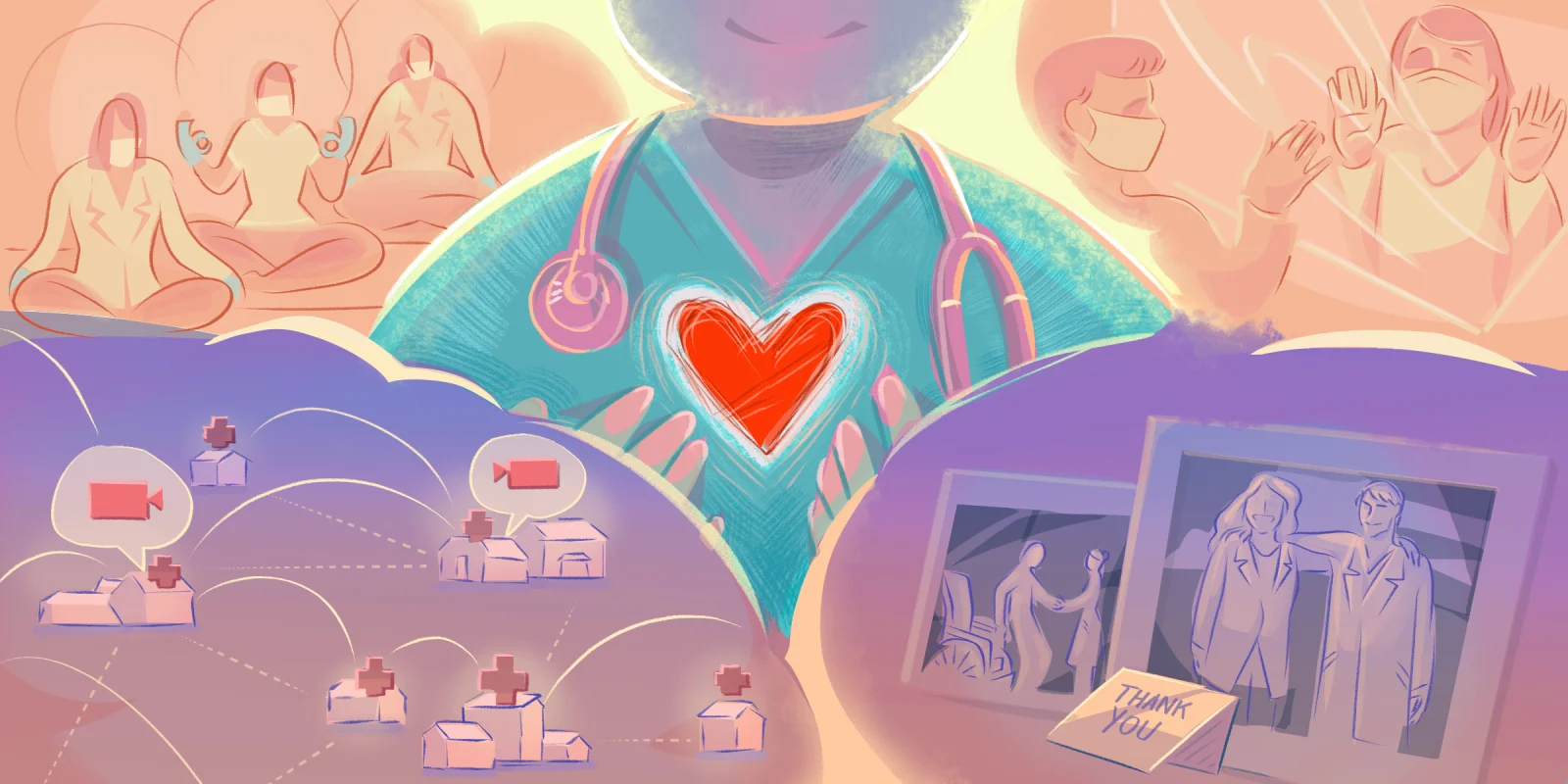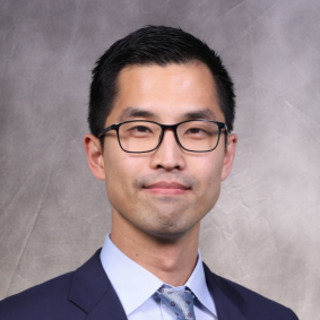We all understand firsthand from having been disappointed or let down that broken trust is not easy to repair. When someone treats us unjustly, it is intensely hurtful. The injury feels deeply personal, and the memory stays with us for a long time.
Far too frequently, we grow cynical or burnt out based on having disappointing experiences with others. We become disillusioned, and more guarded against future scenarios that may lead to our being disappointed again.
Moreover, we promise ourselves that we would not do the same to others if faced with the same choices. Surely, we would know better.
Yet, as obvious as it is when other people influence us, it is much harder to recognize the moments during which we are positively or negatively influencing others. I used to believe that I would know exactly when these moments took place, like in the movies where they are highly dramatized.
But it turns out that these encounters can be rather brief and unordinary, so much so that it is easy to miss that they have taken place. Moreover, it is not only what we do or say, but just as often what we don’t do or forget to say that can make lasting impressions on those who are under our care or leadership.
For example, at the end of a meeting I was too tired and preoccupied to participate in, a colleague of mine said to me, “When you didn’t say anything, I felt that you no longer cared.” Of course, I still cared deeply about the topic.
Another time, at the close of a two-week rotation, a medical student, whom I had not had the chance to hold regular feedback sessions with, due to how busy things were, expressed disappointment.
“I just assumed that I was doing poorly because I did not hear any positive feedback over the last week.” Of course, that student had been doing just fine.
And lastly, on more than one occasion, I have heard this comment from my patients after being away from the hospital for a day or a weekend: “When I didn’t see you come by the room yesterday, I thought you had forgotten about me being here.” Of course, I was still closely involved.
Hearing these comments has taught me an important lesson about influence: Influence is not always intentional. Moments that may have been neutral to us may convey something different to others, one with potentially profound consequences. They may take place even without our being aware of them.
It is important to constantly remind ourselves that all of our interactions with our patients, colleagues, or friends can have multiple layers of meaning, even though it may not come naturally at first.
We have to ask ourselves, is it possible that another person may view these actions or these words in a different light? If so, how can I be more aware and intentional about them? Depending on one’s perspective, certain actions or words can be benign or harmful, fleeting or permanent.
Being in a position of influence comes with heavy responsibilities. Even a single gesture of kindness, compassion, or selflessness can uplift others. Just as easily, our apathy or neglect, whether it be intentional or not, can be harmful.
Looking back on my training experiences so far, I am endlessly grateful to those who have positively influenced me during key moments. When I have felt self-doubt, their patience and supportiveness helped me stay afloat. When I felt lost about what being a good physician or surgeon entailed, their consistent, honest, and compassionate behavior toward their colleagues and patients reminded me of some of the core values in medicine.
And just as I was not aware when my actions were negative, these individuals may not have known at the time that they were such positive role models for me. But I certainly will never forget them.
How do you remain intentional in your life? Share your tips and advice in the comments.
Jason Han, MD is a thoracic surgeon and was a 2018–2019 Doximity Author. He tweets at @JasonHanMD.
Illustration by April Brust







